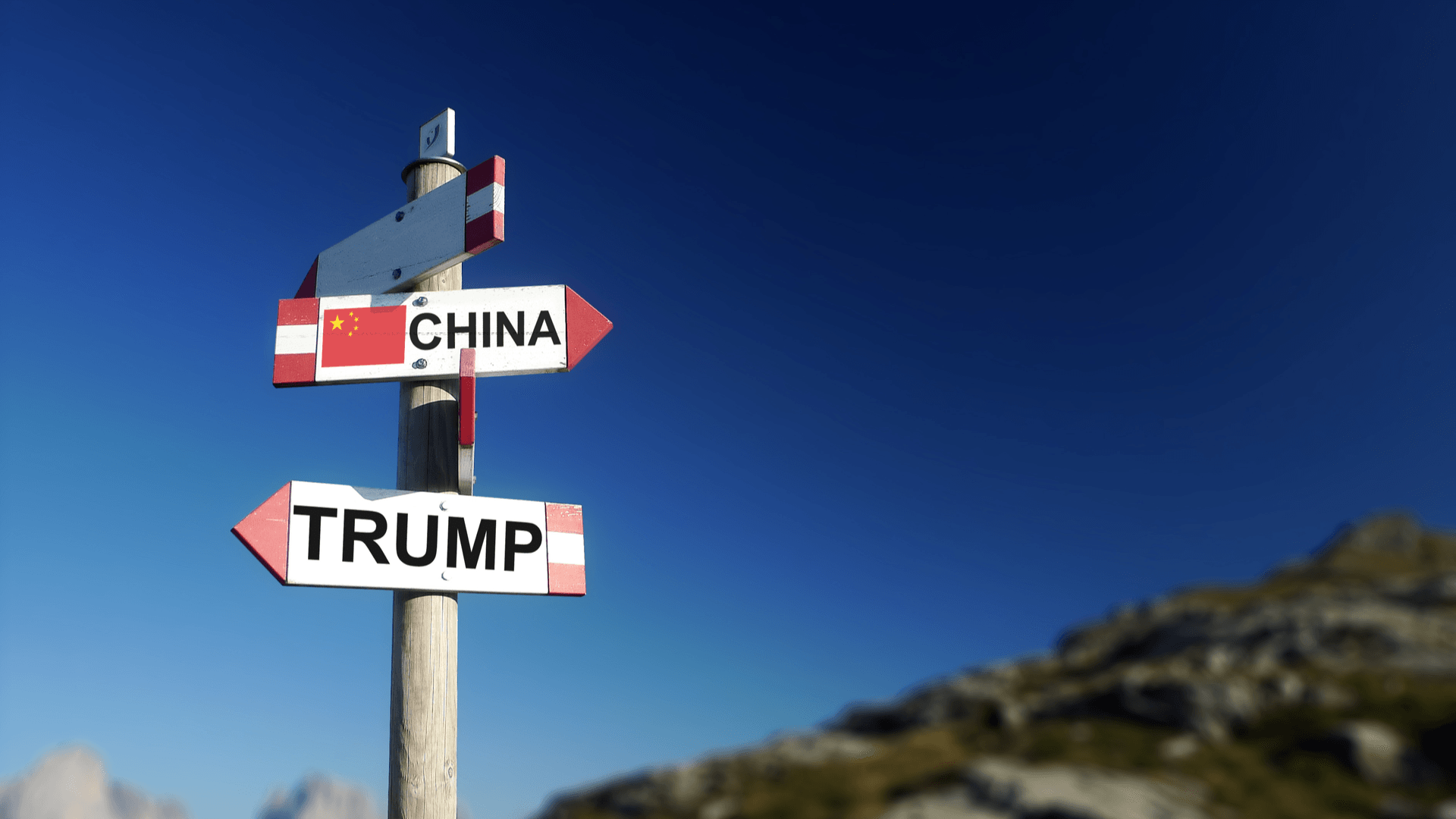Shortly after President Trump threatened to escalate the ongoing US-China trade war, analysts began calculating the repercussions for America’s auto and agriculture industries. Yet the impact on America’s tourism industry could be equally damaging.
Deteriorating relations between the world’s two largest economies have already affected a US tourism sector that’s seen its growth flatline for the first time in 10 years. And while only three percent of the 80 million visitors to the US in 2018 were Chinese, the potential for that segment’s growth remains immense; a mere 6 percent of Chinese citizens hold passports, and experts predict the number of outbound Chinese tourists will reach 220 million by 2025. America could miss out — bigly.
Meanwhile, another industry that could take a major hit is the US luxury market. Bain estimates Chinese shoppers will constitute 46 percent of global luxury sales by 2024, a number that’s, in part, driven by high-spending overseas visits. If — or when — Chinese outbound travel to the US is further curtailed, these transactions will simply be rerouted to other shopping capitals like Milan or Tokyo. This situation could materialize either through overt Chinese government action, such as punitive taxes or bureaucratic roadblocks, or a continued shift in the Chinese consumer mindset, although separating the political from the social is a difficult endeavor.
China has weaponized its multi-billion-dollar outbound tourist sector before. In 2017, it banned tour groups from South Korea following a dispute over the country’s deployment of an American missile system. The ban led to a 48 percent drop in mainland visitors and is believed to have cost the South Korean economy $6.8 billion. Beijing adopted a similar stance in relation to Palau over its refusal to abandon diplomatic ties with Taiwan.
Ultimately, drastic action of this kind remains unlikely, but the possibility of Chinese tourists choosing alternative destinations for nationalist reasons shouldn’t be underestimated. And, unlike many industries that would be threatened by an extended trade war, US tourism would feel the impact very quickly. Businesses are bound by supply chains and therefore plan on a medium-to-long-term basis, but a traveler can change their vacation spot instantly, often at the click of a button.
With 15.7 million US jobs supported both directly and indirectly by travel spending, a continued or escalated trade war and its impact upon Chinese travelers would certainly ensure losses to more than just Midwestern soybean farmers and auto manufacturers.



